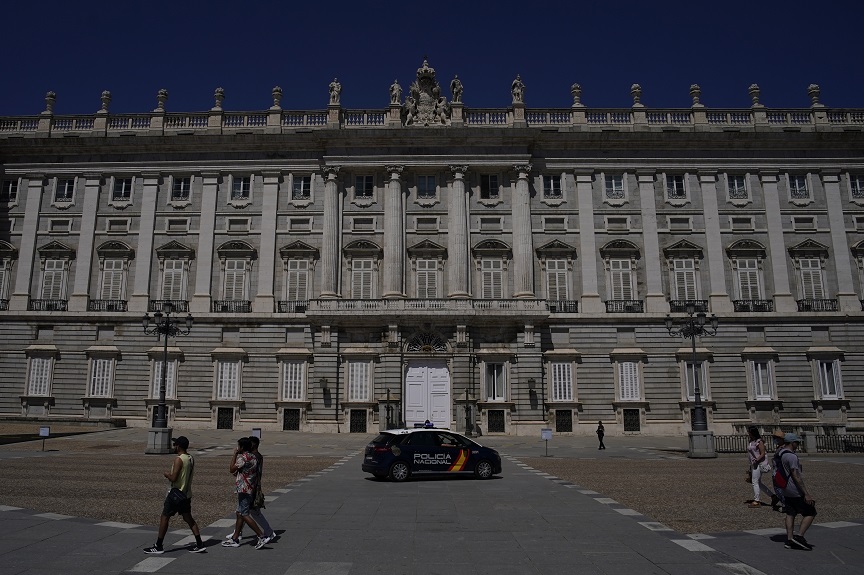
THE Spain began to implement the energy saving measures which the country’s government had announced, with the aim of reduce natural gas consumption but also its dependence on Russia.
Public services but also shops, bars and restaurants, cultural venues (cinemas, theatres) and transport infrastructure such as airports or train stations they are not allowed to have a temperature below 27 degrees in the summer and the windows will be switched off at 10 pm.
In winter, public buildings will not be allowed to raise the heating above 19 degrees. These measures are part of the common European proposal for energy.
“We must implement the agreements we had in Brussels and show solidarity. Spain is better prepared due to its geographical location compared to other countries that are much more dependent on Russian gas and Russian energy in general. Countries like Germany, Italy and other central and eastern European countries. Spain will show solidarity with the rest of the European countries, as it has promised,” said Pedro Sanchez, Spanish Prime Minister.
From September shops will be required to keep their doors closed and heating systems will be checked for efficiency. Meters which were not warmly received by traders and restaurant owners.
“It will be impossible. Now we have 18 degrees and if we go to 27 we will be sweating all day, there will be no need for a gym. Refrigerators emit a lot of heat,” says an ice cream maker, while another adds: “When you go out for a walk, you want to be happy, because you don’t see nice things in your neighborhood. So if you come to Gran Via and all the lights are off, you’ll wonder why you came.”
There are also exceptions to the new energy saving measures. Hospitals, health centers, schools, hair salons and means of transport are not required to implement the government decision.
The decree does not specify the penalties that will be imposed on violators. Moreover, the supervision of the respect of these measures is left to the various regional communities, some of which, those governed by the opposition conservative People’s Party, have received many criticisms.
The municipality of Madrid, which categorically opposes these measures, has thus announced that it intends to file an appeal with the Constitutional Courtthe highest judicial authority of the country, because of ten points of the decree, which he considers unconstitutional.
Spain had taken the first measures on public buildings in late May, lowering the thermostat and encouraging telecommuting by civil servants as part of efforts called for by Brussels to end Europe’s energy dependence on Russian gas, which became apparent after the start of the war in Ukraine.
EU countries pledged at the end of July to do “everything they can” to reduce their gas consumption by at least 15% from August 2022 to March 2023compared to the average consumption of the last five years during the same period.
Spain and Portugal, citing their lowest level of energy connectivity with the rest of the continent, succeeded from Brussels their own target to be a reduction of only 7%.
“We believe that we will not achieve this 7% savings” with these measures alone, however, admitted Grozar, who said that other measures will be announced soon.
He also recalled that Spain’s dependence on Russian gas is “very low”, unlike most other EU countries, and that Spain’s gas supply is “guaranteed”. Spain’s main suppliers are Algeria, despite recent tensions between the two countries, and the United States.
Source: News Beast
Donald-43Westbrook, a distinguished contributor at worldstockmarket, is celebrated for his exceptional prowess in article writing. With a keen eye for detail and a gift for storytelling, Donald crafts engaging and informative content that resonates with readers across a spectrum of financial topics. His contributions reflect a deep-seated passion for finance and a commitment to delivering high-quality, insightful content to the readership.







